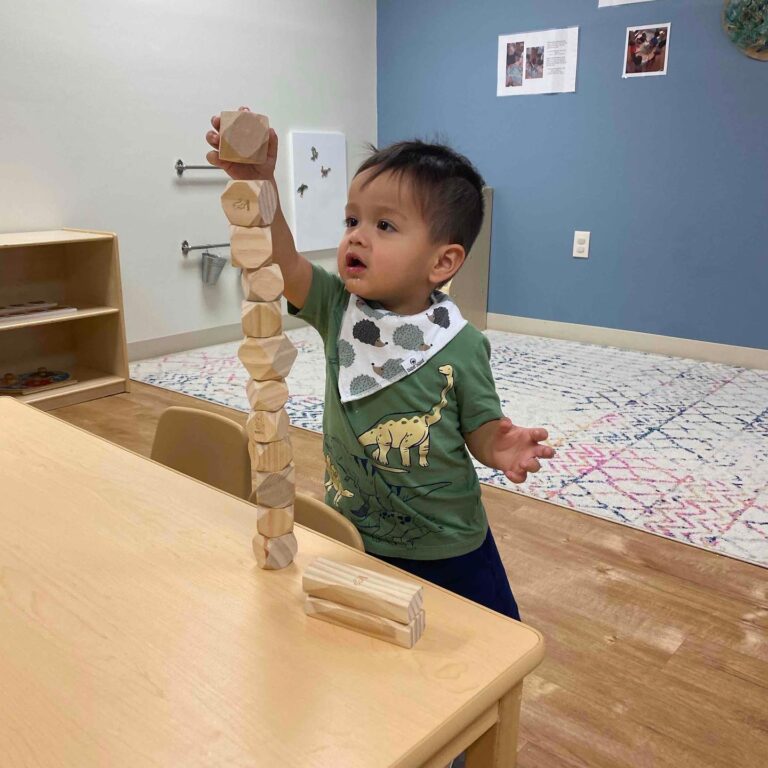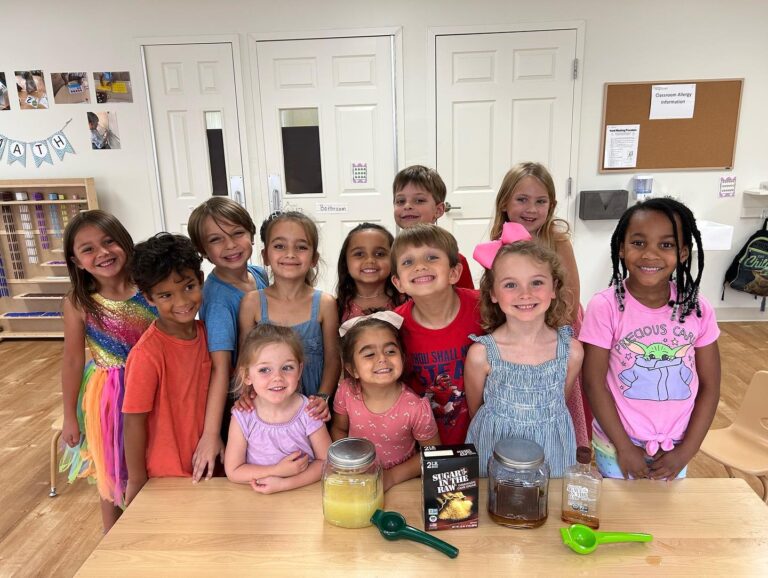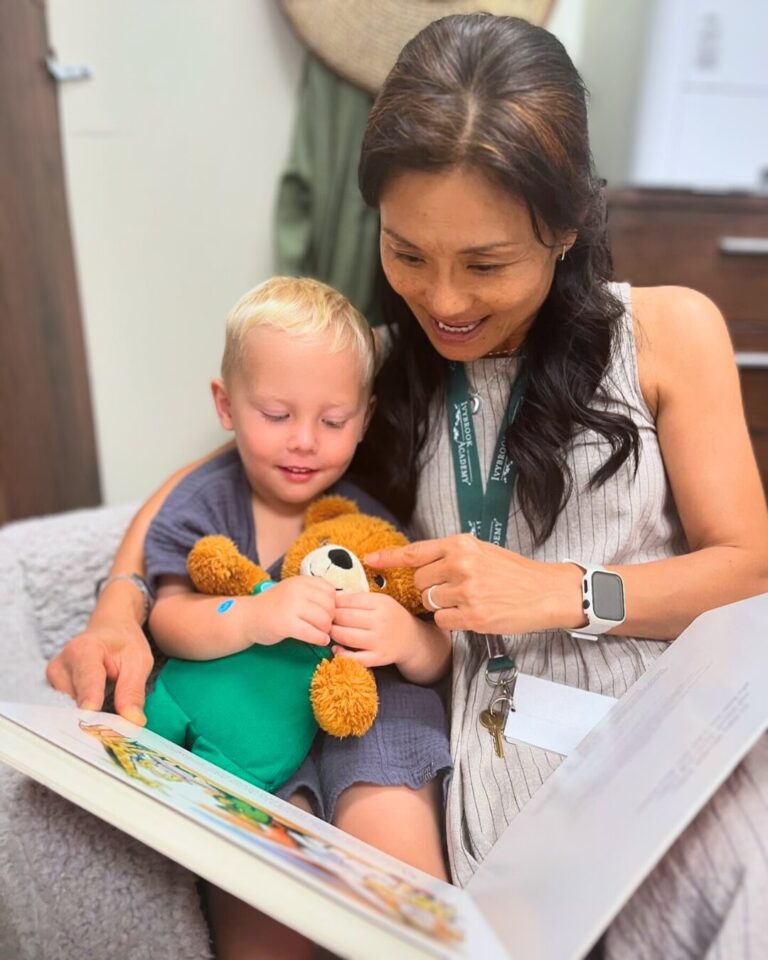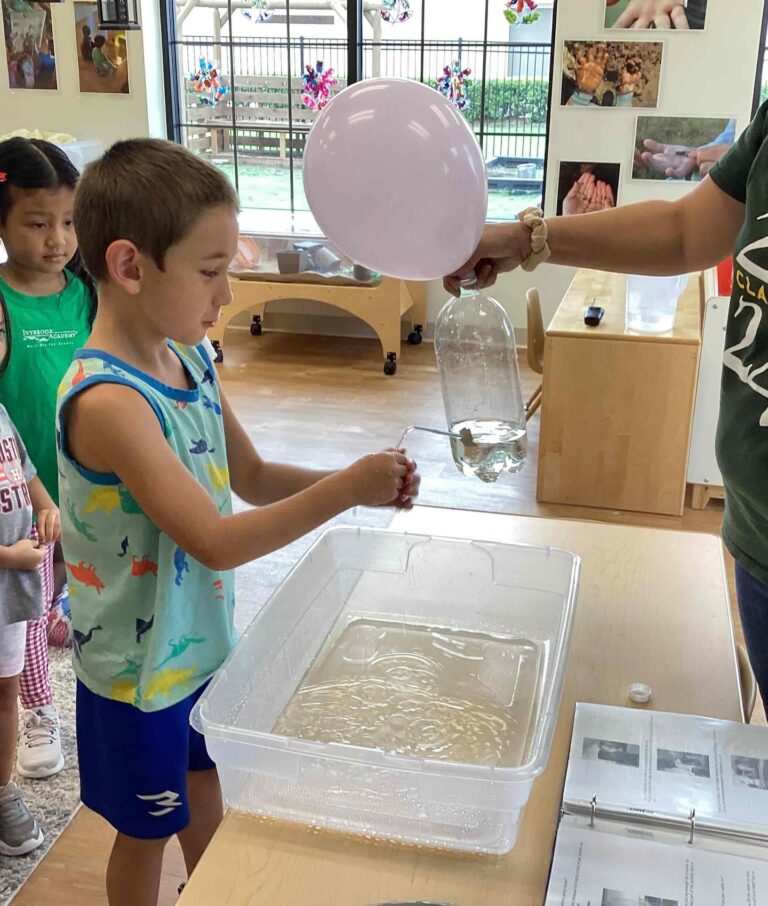How Do You Know if Your Child is Ready for Preschool?
For many parents, deciding when to send a child to preschool is not a simple task. At Ivybrook Academy, we’ve had the privilege of welcoming families from close-knit and a variety of cultural backgrounds—families who bring deep traditions, strong family values, and thoughtful approaches […]






